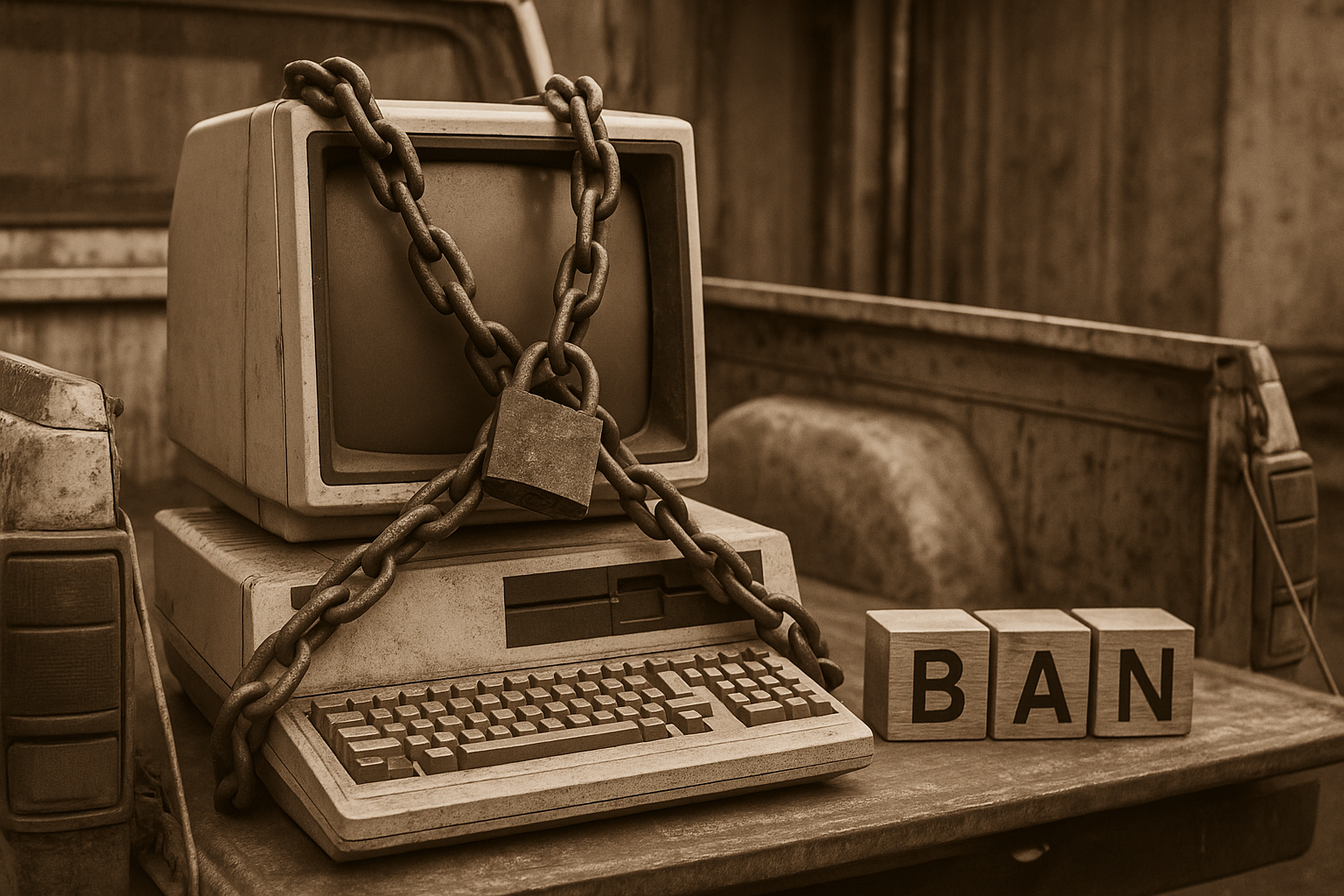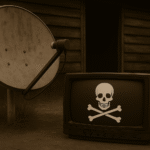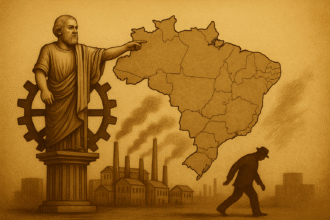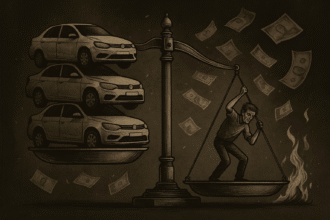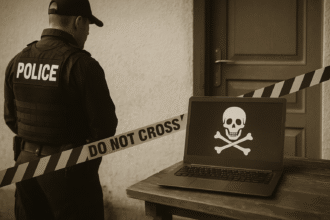The history of protectionist policies such as the market reserve in information technology in the 1980s created shortages, rising prices and encouraged technology smuggling. Piracy flourished in this artificially restricted environment, revealing how government interventionism creates perverse incentives.
Brazil that banned technology
For much of the 1980s, Brazil lived through a unique — and tragic — experience of forced technological isolation. With the so-called market reserve for IT, foreign companies were prohibited from operating in the country without state authorization. The objective, according to the measure's supporters, was to “protect national industry”.
In practice, what we saw was an explosion in prices, shortage of equipment, smuggling of parts, technological obsolescence and, of course, the flourishing of piracy. As shown by the Wikipedia – Market Reserve, the government imposed central control over the entry of products and the pace of innovation — with lasting effects on the Brazilian economy.
The contradiction of protectionism
Protectionism is sold as a policy of “development” and “sovereignty,” but its real effects are the exact opposite: suffocation of competition, increased costs, reduced quality and widespread informality.
In the case of market reserves, Brazil became an involuntary laboratory. As global technologies advanced rapidly but were legally blocked in the country, the black market grew — smuggled hardware and pirated software.
And the most ironic thing? All this in the name of “technological independence”.
Piracy as an escape valve
In an artificially closed environment, piracy becomes inevitable. It arises not out of culture, but out of necessity. The population and companies need access to technology to work, study, and compete — and when the legal path is closed by the State, illegal alternatives emerge.
In the context of the market reserve of the 1980s, software piracy became common practice in universities, offices and even public departments. Illegality was institutionalized, not out of moral deviation, but out of economic coherence.
Repeating the mistake in other areas
The most alarming thing is that this model is not a thing of the past. Even today, Brazil repeats the protectionist logic in several areas: medicines, automotive sector, technology, education, digital services and much more. And the results are repeated: high prices, lack of options and growth of the informal market.
In the gaming sector, for example, the highly regulated and taxed environment has led many consumers to resort to piracy — a topic already discussed in the post “Poor Infrastructure: Where Legal Doesn’t Reach, Pirates Occupy”. The pattern repeats itself: when the legal is unfeasible, the illegal becomes functional.
Who profits from protectionism?
Protectionism is not a defense of the country — it is a defense of specific groups. Large national companies with political connections, bureaucrats who strengthen themselves with regulations and corporations that become parasites of the State profit from the barriers.
Meanwhile, the ones who lose out are the consumers, small business owners and workers — who have to pay more for less, and still live under the risk of sanctions if they resort to the informal market.
The free market is the true environment for innovation
It was only after the end of the market reserve in the 1990s that Brazil began to integrate into the digital world. With the opening of the market came affordable computers, commercial internet, the first online services, and the professionalization of the software sector.
It was not the State, but the market that connected Brazil. And it was not protectionism, but competition that reduced prices, increased quality and democratized access.
As shown in a report by Época Negócios – “How the IT market reserve failed”, the episode served as a lesson on the disastrous effects of interventionism: instead of generating development, it generated backwardness, dependence and smuggling.
When the State prevents it, the people improvise
Piracy and smuggling do not arise because people are inclined to illegality. They arise because the State makes the legal inaccessible. Brazilians resort to the “jeitinho” because legality is expensive, slow and dysfunctional.
In a truly free market, piracy does not disappear by decree — it disappears because it loses its competitive advantage. When the legal product is cheap, accessible, up-to-date and functional, the informal market shrinks spontaneously.
Conclusion: Protectionism is the father of piracy
The case of market reserves in the computer industry is a textbook example of how state intervention, even with “good intentions,” produces perverse effects. In trying to protect the industry, the State destroyed access, encouraged smuggling and, in practice, legalized piracy as a public policy.
And even today, with new looks and new sectors, this logic remains active.
We need to break this cycle. Only market freedom can offer real access, genuine innovation and respect for consumer choice. The rest is rhetoric covered up by state monopolies and corporatism disguised as nationalism.
📨 Did you like the analysis?
Subscribe and receive weekly analytical, provocative content free from the state filter.
📌 References
- Wikipedia – “Market Reserve”
- Época Negócios – “How the IT market reserve failed”
- Power & Market – Precarious Infrastructure: Where Legal Doesn’t Reach, Pirates Occupy
